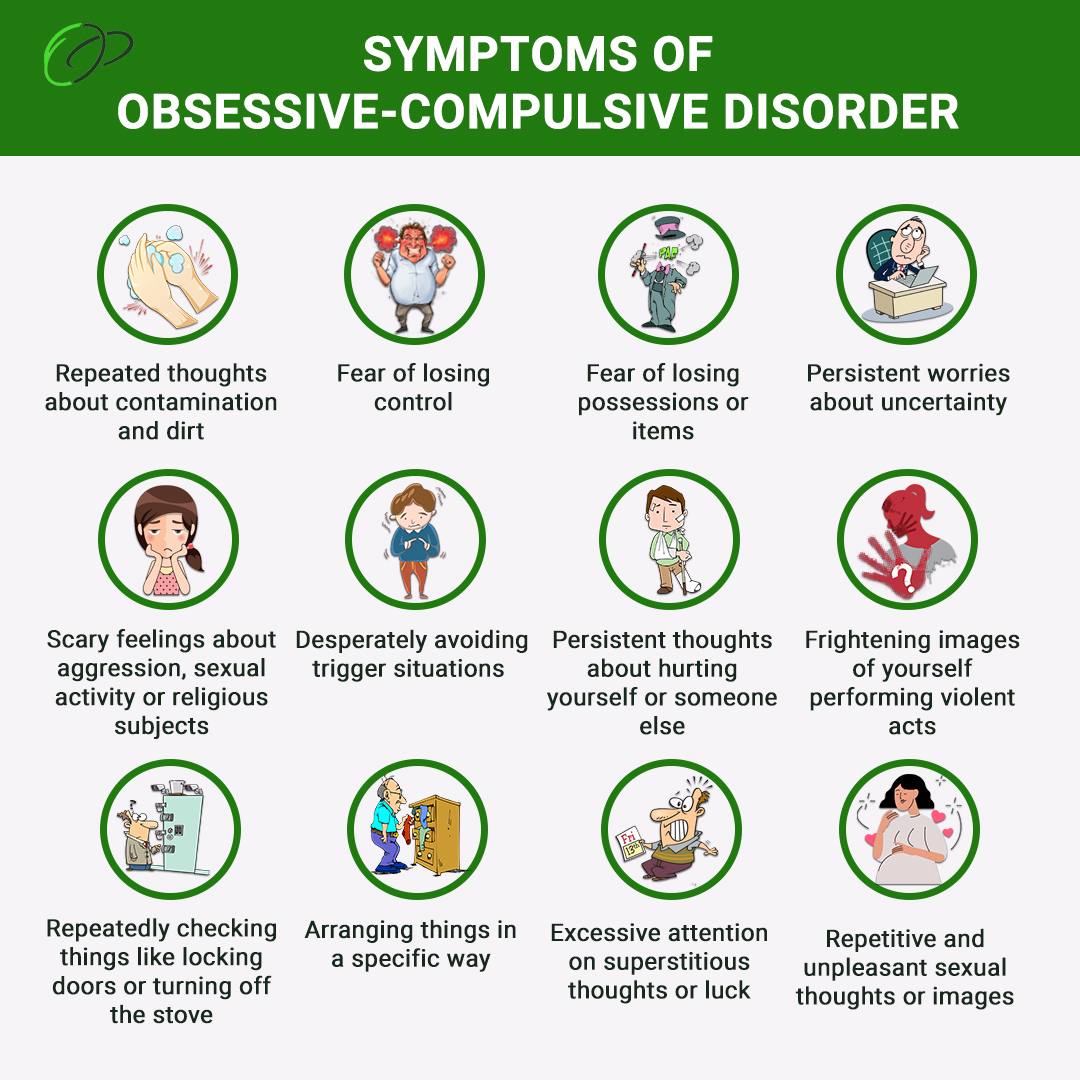Obsessive-Compulsive Disorder (OCD) is an internal health condition that affects millions of people worldwide. Despite its prevalence, there are still misconceptions surrounding OCD, leading to stigma and hindering proper understanding and treatment. In this article, we aim to shed light on OCD, its symptoms, impacts, and the importance of seeking support.
What is Obsessive-Compulsive Disorder?
OCD is characterized by persistent, unwanted thoughts (obsessions) and repetitive behaviors or rituals (compulsions) that individuals feel compelled to perform. These prepossessions and forces can significantly intrude with diurnal conditioning, connections, and overall quality of life.

Symptoms of OCD
Obsessions in OCD often revolve around themes such as cleanliness, orderliness, fear of harm, or taboo thoughts. Examples include:
- Fear of contamination: Obsessions about germs, dirt, or illness, leading to compulsive handwashing or avoiding certain places or objects.
- Need for symmetry or exactness: Obsessions about things being in a particular order or arrangement, leading to compulsive arranging or organizing items.
- Fear of harm: Obsessions about causing harm to oneself or others, leading to compulsions such as checking locks repeatedly or seeking reassurance.
- Intrusive thoughts: Disturbing or taboo thoughts that go against personal values, leading to compulsions like mental rituals or seeking forgiveness.

Impact on Daily Life
Living with OCD can be extremely challenging. The constant cycle of obsessions and compulsions can consume a significant amount of time and energy, often leaving individuals feeling overwhelmed, anxious, and ashamed. OCD can disrupt work, school, relationships, and leisure activities, making it difficult to function normally.
Breaking the Stigma
One of the biggest obstacles individuals with OCD face is stigma. Misconceptions about OCD can lead to discrimination, isolation, and reluctance to seek help. It’s crucial to understand that OCD is not simply a personality quirk or a preference for cleanliness; it is a mental health condition that requires proper diagnosis and treatment.
Seeking Support
If you or someone you know is struggling with OCD, it’s essential to seek support from qualified mental health professionals. Support groups and self-help strategies can also be beneficial in managing symptoms and connecting with others who understand what you’re going through.
![]()
Conclusion
Obsessive-Compulsive Disorder is a challenging mental health condition that affects millions of people worldwide. By increasing awareness, understanding the symptoms and impacts of OCD, and breaking the stigma surrounding the disorder, we can create a more supportive environment for individuals living with OCD. Remember, seeking help is not a sign of weakness but a courageous step towards managing OCD and improving overall well-being.

